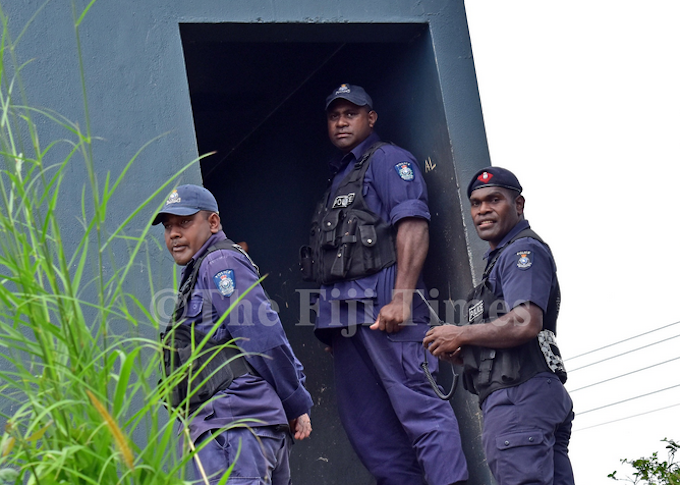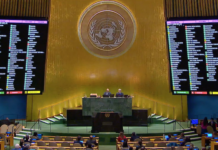By Anish Chand in Suva
Fiji police will have sweeping powers to monitor communications and forcefully enter premises to place tracking devices under the proposed Police Bill 2020.
The draft legislation is now open for public submissions and will replace the Police Act 1965 once passed by Parliament.
Police will have the powers to secretly or forcefully enter any premises to place tracking devices, states the draft law.
They will need to obtain a warrant from a High Court judge and “specify the vehicle, craft, or conveyance of any kind or goods that may be tracked, specify the premises, vehicle, craft, or conveyance of any kind that may be entered pursuant to the warrant”, states the draft law.
Police can also secretly monitor and record “communications” of persons about to commit a crime or have committed a crime if the draft law is passed in its current form.
The law also allows police to recruit an “informer” who is described as “any person who, whether formally recruited by police or otherwise, provides information in relation to anything sought by police for any lawful purpose”.
Police officers will not be allowed to join a union, states the draft law and it will be unlawful for them to go on strike or to take any industrial action.
Fiji Village radio website reports that the draft bill proposes that a police officer or special constable would be able to search a crime scene and seize potential evidence without a warrant.
The proposed law says a police officer or special constable may search any person, animal, vehicle or vessel at the crime scene or in the immediate vicinity of such crime scene.
Any person who fails to comply with this could be sent to prison for up to five years.
Anish Chand is a Fiji Times reporter. This report is republished with permission.














































